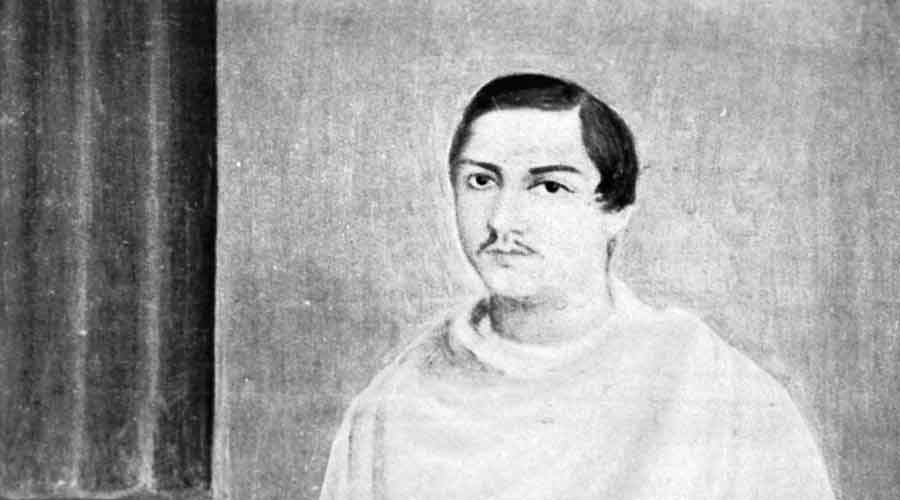Kaliprasanna Singha, whose brief but brilliant life electrified mid-19th century Bengali intellectual and cultural life, was born on this day.
His most remarkable works are Hutom Pyanchar Noksha (Sketches by Hutom Pyancha) (1862) and the translation of Mahabharata into Bengali.
Hutom Pyanchar Noksha, a sharp, insightful satire of urban Bengali society and babu culture, remains as relevant today as it was at the time of its writing.
With Singha as editor, the Mahabharata was translated into Bengali in prose, a translation still widely read. Vidyasagar supervised the project. Singha would distribute copies of the Mahabharata free, for which he incurred huge financial losses.
Singha was born to a zamindar family of Jorasanko. His extraordinary intellectual achievements were evident from early. He founded the Vidyotsahini Sabha (society for cultivation of knowledge) at 14. The society members, many much older than Singha, would discuss social reform and progressive ideas.
Singha edited and provided financial support to several newspapers and journals, including the Hindu Patriot.
He supported widow remarriage and after the Widow Remarriage Act — enacted in 1856 after Vidyasagar’s relentless campaign — announced an award of Rs 1,000 to any man who married a widow.
When Reverend James Long was fined Rs 1,000 for his role in the translation and publication of Nil Darpan by Dinabandhu Mitra, a play that brought to light the inhuman treatment of indigo farmers by the European planters, Singha paid the entire amount.
When Singha died, at 30 or 31, as there is some doubt about his date of birth, he was in considerable debt because of the many projects he had undertaken.
